Al-Sawm/Fasting in Ramadan is when the True discipline in Islam shows.
In the first article of this series, I talked briefly about each of the Pillars of Islam. These are the Shahada (The Testimony,) Salat (The Daily Prayers,) Zakat (Almsgiving,) Fasting in Ramadan, and Hajj (The Pilgrimage.) In that post, I promised I'll talk more about each of them.
In the previous articles, I talked about the first Pillar: Al-Shahada. then the second pillar: Al-Salat and Al-Zakat.
Today, I'll talk about the 4th one: Al-Sawm. Fittingly, this would be an article about Ramadan, which is the reason I started this series.
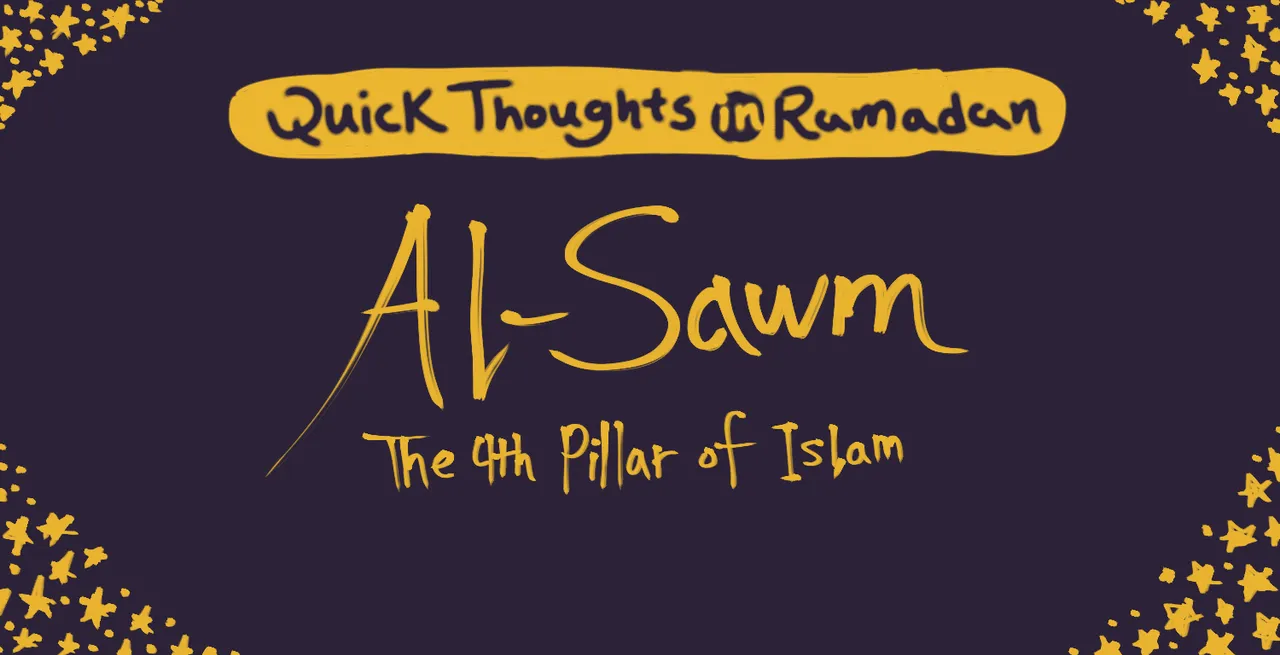

Al Sawm
(صوم رمضان - Fasting of Ramadan)
Al-Sawm (Fasting) is an obligation in Islam, and Fasting during Ramadan is considered the 4th Pillar.
Generally, it means abstaining from Food, Drinks, and other physical needs from Dawn to Sunset. Fasting teaches discipline and lets us sympathize with the poor.
Fasting in Islam has one of the highest rewards by Allah. One of the doors of Jannah (Heaven) only opens to the people who kept their fast with sincerity and for the sake of Allah's blessing.

From Dawn to Sunset
Every fasting day starts after the first white line appears in the night sky. This is the Arabic definition of Fajr (Dawn) and it happens an hour or so before Sunrise. The day ends just after the Sun disappears in the horizon, the fast is broken with a light meal (called Iftar - The breakfast.)
Most Muslims (especially those living in the MENA region) break their fast with Milk and Dates but even Water could suffice as Iftar. Prophet Muhammad ﷺ used to break his fast with Dates and Water.

The night before the fast, we're encouraged to sleep and wake up early for a meal called Suhur to prepare for the fast. It shouldn't be a big meal, and some only drink water during the Suhur, but it makes a big difference in your energy during the fasting hours.
To put it in perspective: I eat something light once every two/three hours on days I don't fast (outside Ramadan) yet I never feel hungry or thirsty during the day until a few hours before Sunset on the days I have Suhur and do not do anything unusually taxing to my body. While
During the hours of Fasting, we're required to be on our best behavior, be generous, forgive more, and worship Allah more. That goes for both Volunterally and Obligatory Fasting. The latter of which is only during the month of Ramadan.

Ramadan: The Month of Blessings
Ramadan is the 9th month in the Islamic Calendar. It's chosen by Allah to be the month in which all Muslims practice Fasting. Such a big event has made the name Ramadan known in most of the whole world, not only the Muslim countries.
In Ramadan, rewards for good deeds are multiplied, but also Sins are more severe. If you're in a majority Muslim country, you'll see fewer arguments on the streets. You'll see more people in Mosques. The small Mosque I visit has twice as many people praying in Ramadan compared to the rest of the year.
You'll find many Muslims become much more charitable in Ramadan, and some even time their Zakat payments to be paid during this month.
If someone ate or drank during the fasting hours by mistake, (like forgetting s/he's fasting,) they should stop as soon as they remember and continue fasting. If someone broke their fast willingly, (stubbornly,) there are harsh consequences for that.
We Muslims believe that during Ramadan, the devils are shackled. This means people are less likely to Sin during Ramadan compared to other months. This led to the saying: "If you're a bad person in Ramadan, then you are a bad person."
One night in this month is Laylat Al-Qadr (Night of Measure) in which Qur'an was first revealed to Prophet Muhammad ﷺ. It's one of the last ten nights of Ramadan and rewards of worship are multiplied in it.
Since Qur'an was revealed in Ramadan, many Muslims read the whole Qur'an at least once during Ramadan, and some of them finish at once every ten days. I read Qur'an more than usual too but it's nothing compared to my father who reads 60+ pages of it (mostly) daily during Ramadan.
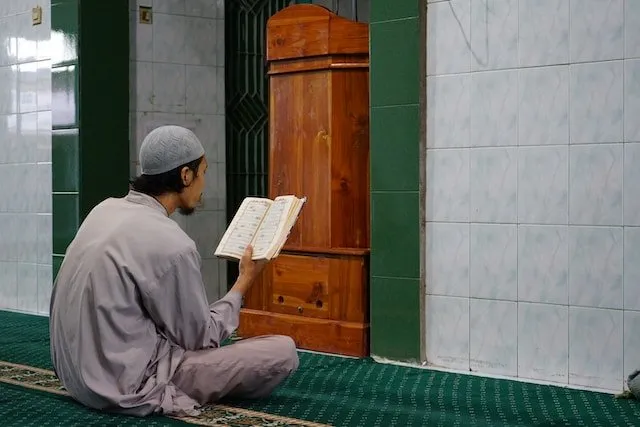

Who Should Fast?
All Muslims of both genders are obligated to Fast, though there are exceptions:
First, children aren't obligated to fast. Fasting becomes an obligation once a Muslim hits puberty. Though Muslim many families encourage their children to fast for a part of the day with them to get them used to it.
You shouldn't fast if your health gets worse by fasting including having a chronic illness that prevents them from fasting, (like my mother.) Pregnant women are also an exception.
Those who can't fast during Ramadan are obligated to fast the days they couldn't at other times of the year before the next Ramadan, and those who can't fast in general, have to pay a certain type of Charity for each day they miss.
On the other hand, those who are obligated to fast and don't do so without an excuse, need a special type of repentance. Comment below if you'd like me to expand more on this one.

Eid Al-Fitr
Each day of Ramadan ends with a Breakfast called Iftar. Similarly, the whole month of Ramadan is celebrated at the end with Eid Al-Fitr. It literally means "Festival of the Breakfast."
It's one of the two Islamic Festivals and is known for the various traditions the Muslim communities practice in it. Including visiting our extended families and having big feasts. In my case, I only see some of my aunts during Eid.
Eid Al-Fitr is one of the few days in the year Muslims are forbidden from fasting. Meaning if you need to fast the days you missed from Ramadan you can't fast during Eid.


Final Thoughts
There is a lot more I could say about Fasting, but I think that's enough for now. If you find this post interesting, I encourage you to look it up yourself. You'll be surprised at the various traditions Muslims around the world have during Ramadan, despite the "Fasting" rules being common in all of them.
Reading about Ramadan to write this post made me think of the many blessings of this month that I keep forgetting. There's something beautiful about a society that sticks to the rule.
Up Next: Al-Hajj (The Pilgrimage)
Next time, we'll discuss the final pillar of Islam. Al-Hajj
While I know more about Al-Hajj than Al-Zakat, I think it'll be the hardest Pillar to write about, so I hope you're looking forward to seeing what I'm going to say. (إن شاء الله) For now, I'll leave you with Prayers of blessing.
Thanks for reading.

Posts in This Series:
 | 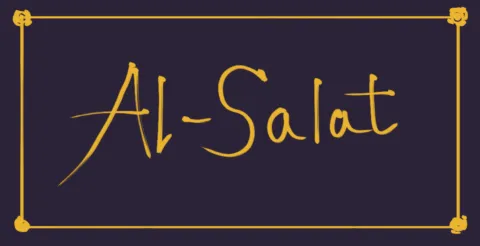 |  |
|---|---|---|
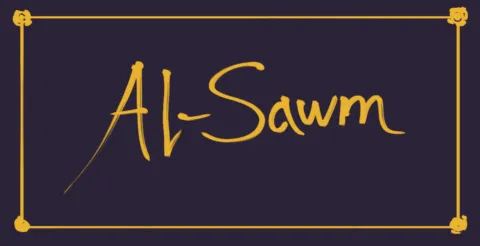 | 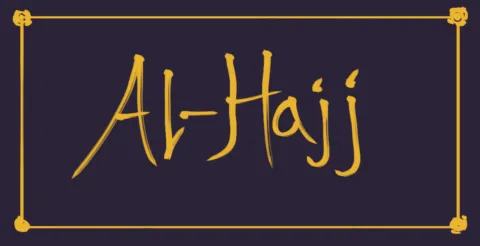 | 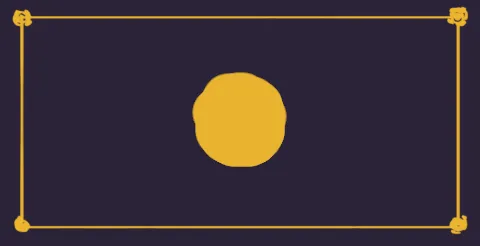 |

[ * ] The featured image is created using ibisPaint. The 2nd, 3rd and 4th images are from Unsplash.
[ * ] This was very hard but rewarding to write. I really thank you if you read all of this.